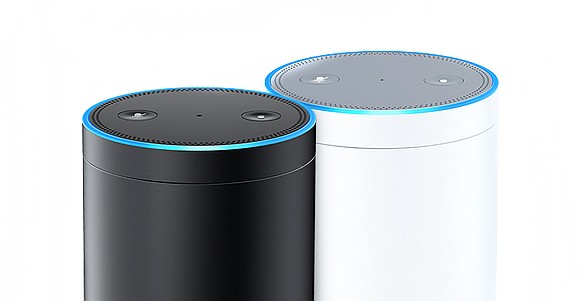Amazon’s Voice-Activated Assistant Will Begin Delivering CPR Instructions
Style Magazine Newswire | 2/24/2017, 12:30 p.m.
The American Heart Association’s International Stroke Conference has provided numerous research and consumer items for the general public. From items regarding African-American women at risk of heart disease facing far more loneliness than their white counterparts to Amazon’s Echo device being able to give users instructions for CPR, heart attack & stroke warning signs, researchers have covered plenty of bases.
The information regarding Alexa, the friendly voice of the Amazon Echo is critical in regards to receiving medical attention before paramedics arrive on scene. “Any system that can reliably reduce delays in medical care for cardiac arrest, heart attack and stroke has the potential to improve health outcomes,” Robert Neumar, M.D., Ph.D., chair of emergency medicine at the University of Michigan Medical School said.
To access this information, people need simply ask Alexa, starting with the phrase “Alexa, ask American Heart” to ensure they’re hearing the science-based information from the American Heart Association. There are approximately 8.2 million Amazon Echo devices in the U.S., according to Consumer Intelligence Research Partners. In 2017 alone, sales of the Amazon Echo line and newer Google Home devices are projected to reach 4.5 million, according to the Consumer Technology Association.
In regards to African-American women and loneliness, a study was conducted ranging the influence of social disadvantage. Researchers recruited 50 African-American and 49 non-Hispanic white postmenopausal women with at least two risk factors for heart disease. After a questionnaire on loneliness, depression symptoms, financial stress, social support and resilience, women were asked about their subjective social status, defined as a person’s sense of place on the social ladder considering socioeconomic status and social position.
“African-American women at risk for cardiovascular disease have unique predictors of loneliness — financial stress and subjective social status — as compared to non-Hispanic white women,” Karen Saban, R.N., Ph.D., associate professor and associate dean for research at Loyola University Chicago Marcella Niehoff School of Nursing in Maywood, Illinois said.
Researchers from Saban’s study found that African-American women were almost three times as likely to report financial stress, two and a half more times likely to report lower social status and had less reliable social support. All of these are risks that increase the chance of developing cardiovascular disease. The findings were vastly different from white women as only symptoms of depression and social integration predicted loneliness.
(American Heart Association News)




